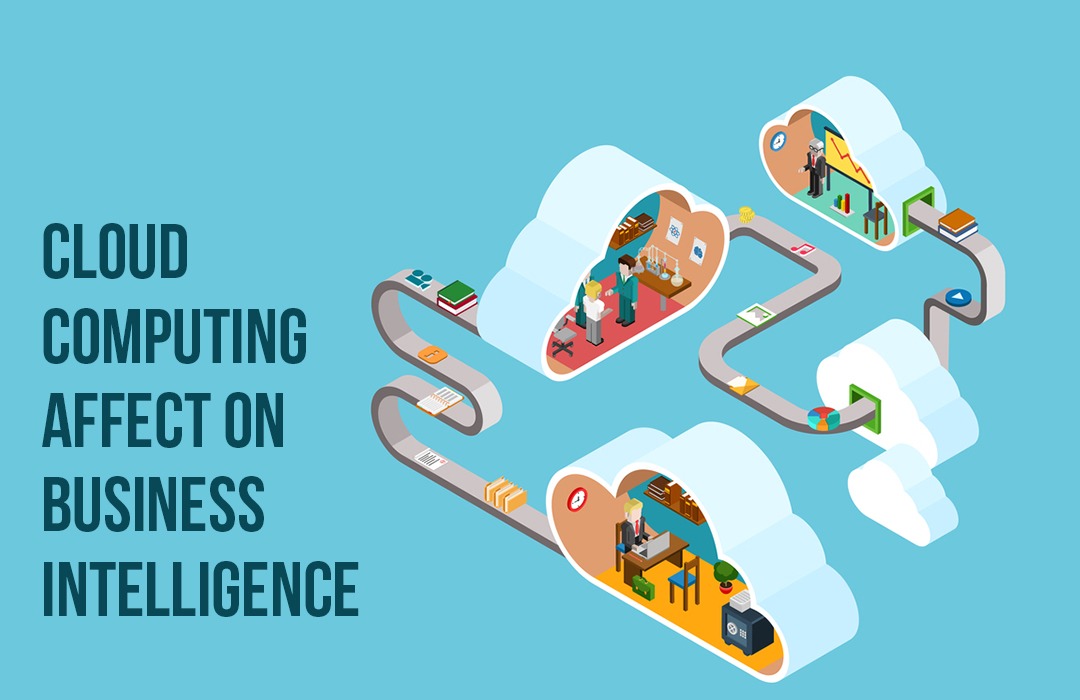
Cloud ComputingWritten By: Suman Kumar Paul
In the wake of the economic recession, companies are aiming to make the best use of their available resources—to turn every resource into a valuable one. Modern technologies including Cloud Services and Business Intelligence (BI) are considered fundamental technologies in this type of approach. These technologies not only equip businesses to become more efficient but also to remain competitive.
BI and cloud collaborate to generate hypotheses and forecasts in preparation for commercial rivalry. Researchers feel that the future of BI will be incredibly bright when it is implemented on existing cloud applications; it can also highlight computational benefits depending on the everyday data gathering of large volumes.
What makes Cloud BI different from conventional BI?
Cloud-based BI differs from conventional BI in that it does not use expensive and complex software on-premises; instead, it is accessible from everywhere on any device via a software-as-a-service architecture. Cloud BI does not necessitate new gear or software, nor is there a tight storage limitation. The system may also auto-select storage depending on current processing requirements; this dynamic scalability and always-on availability are the benefits that make cloud-based BI extremely robust.
Making effective judgments via the integration of individuals, technology, procedures, and associated technologies and approaches is what BI is all about. BI has gradually developed to concentrate on near real-time operational data from systems like ERPs, CRMs, supply chains, and so on.
Operational BI is commonly associated with management and business process planning, with inherent undertones of data quality, uniformity, and control of two. BI generates intelligent insights based on marketplace assessment, which may include geography-based investment decisions for MNCs or consumer purchasing behavior for manufacturers.
The potential to function on BI necessitates extensive data handling and technologically demanding data processing. BI uses the cloud to get over these obstacles while maintaining operational integrity. Furthermore, it increases efficiency, decreases mistakes, and lowers costs.
The cloud platform insights will have significant affects on BI:
BI on the cloud also offers several advantages that might help it redefine its future, particularly in terms of widespread adoption. These advantages include:
As the world progresses and advances toward the advancement of technology, it would not be altogether incorrect to expect that the existing benefits of cloud-based BI will increase. Cloud-based BI improves the effectiveness and performance of business intelligence. Web 3.0 technology will help BI in the future, making its possibilities even brighter.
TAGS - cloud computing leading cloud solution provider best cloud solution provider cloud solution
See Also - How Is IoT Going to Change Cyber Security ?